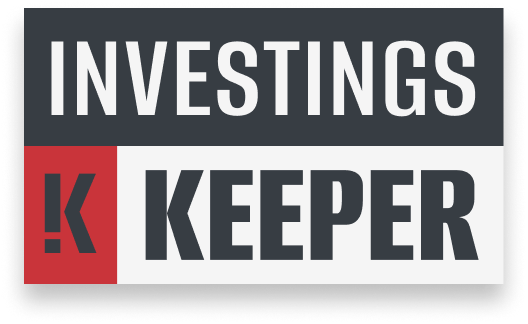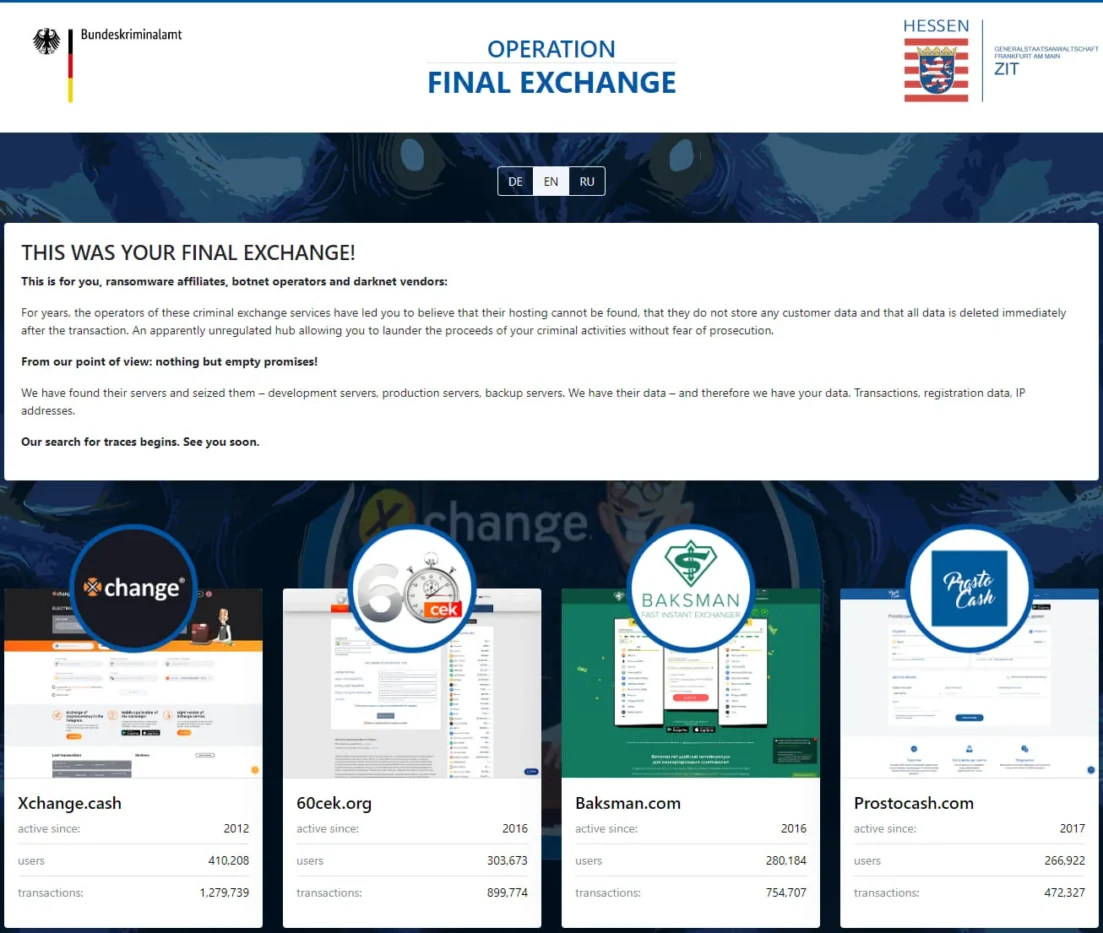TLDR:
El Salvador’s Bitcoin adoption as legal tender has had mixed results
President Bukele admits adoption hasn’t been as widespread as hoped
Bitcoin remains voluntary, not forced upon citizens
Bukele claims Bitcoin brought branding, investments, and tourism to El Salvador
El Salvador holds approximately $400 million in Bitcoin in its public wallet
El Salvador’s bold move to adopt Bitcoin as legal tender in 2021 has yielded mixed results, according to recent statements from President Nayib Bukele.
In a candid interview with TIME Magazine, Bukele acknowledged that while the cryptocurrency has brought some benefits to the country, its adoption hasn’t met initial expectations.
On September 7, 2021, El Salvador became the first country in the world to recognize Bitcoin as an official currency alongside the U.S. dollar.
This groundbreaking decision, dubbed the “Bitcoin Law,” aimed to digitize the economy and reduce reliance on the dollar. To kickstart adoption, the government distributed $30 in Bitcoin to citizens who registered for the state-backed Chivo wallet.
However, nearly three years into this monetary experiment, Bukele admits, “Bitcoin hasn’t had the widespread adoption we hoped for.” He notes that while many Salvadorans and large businesses use Bitcoin, it hasn’t reached the level of everyday use initially envisioned. “I expected more adoption, definitely,” Bukele confessed.
Despite the slower-than-anticipated uptake, Bukele maintains that the Bitcoin strategy has been a “net positive” for El Salvador.
He points to several benefits, including improved “branding” for the country, increased foreign investments, and a boost in tourism. Several Bitcoin firms have established offices or headquarters in El Salvador, contributing to its growing reputation as a crypto-friendly nation.
The president also highlighted that Bitcoin adoption remains entirely voluntary. “We have never forced anyone to adopt it,” Bukele emphasized. “We offered it as an option, and those who chose to use it have benefited from the rise in Bitcoin.”
One area where the Bitcoin experiment appears to have borne fruit is in the country’s treasury. Bukele revealed that El Salvador now holds approximately $400 million in Bitcoin “in the public wallet alone.”
This substantial holding has likely appreciated in value, given Bitcoin’s recent price surge near all-time highs.
The Bitcoin Law’s implementation hasn’t been without challenges. It faced criticism from both national and international observers, with some financial institutions expressing concern over potential risks.
However, Bukele noted that the International Monetary Fund has softened its initially critical stance, acknowledging that many of the expected risks “have not materialized.”
While Bukele stops short of declaring Bitcoin “the currency of the future,” he remains optimistic about its potential. He points to the growing involvement of Wall Street firms in the crypto industry and Bitcoin’s emergence as a topic in U.S. elections as signs of its increasing relevance.
El Salvador’s journey with Bitcoin hasn’t been smooth sailing, but it has positioned the country as a pioneer in the crypto space.
The government continues to pursue Bitcoin-related initiatives, including plans for a nationalized Bitcoin mine powered by volcanic energy and a citizenship-through-investment program for those willing to invest in Bitcoin or USDT.
For now, El Salvador’s Bitcoin experiment remains a work in progress, with its full impact yet to be determined. As Bukele puts it,
“I do believe that the positive outcomes outweigh the negative, and the issues that have been highlighted are relatively minor.”
The post A Work in Progress: President Bukele Reflects on El Salvador’s Bitcoin Strategy appeared first on Blockonomi.

